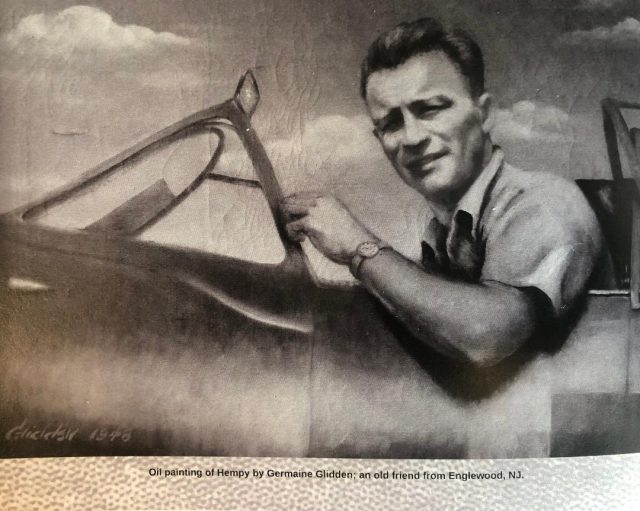
The Canadian Latin American community has a significant legacy of active engagement in the Canadian Armed Forces, showing solidarity with their fellow Canadians and upholding shared values. Guatemalan immigrants who relocated to Canada and quickly adopted this country as their country before participating in the Second World War made notable contributions to the country’s military history, primarily through their dedicated participation in the Royal Canadian Air Force (RCAF).
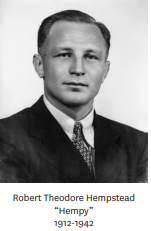
One remarkable figure is Pilot Officer Robert Theodore Hempstead, known as “Hempy,” who led a life marked by bravery, adventure, and sacrifice. Born in Cobán, Guatemala, on 25 May, 1912, Hempy came from a unique heritage of German and English ancestry. Despite growing up on his family’s coffee farms in rural Guatemala, he pursued his education in the United States, excelling in sports and attending Wesleyan University. However, his studies were interrupted by his father’s death, forcing him to manage the family’s coffee farms with determination and unwavering commitment.
Motivated to contribute to the war effort, Hempy and his friends John Gordon Smith and Denis Scott Koester volunteered at the British Consulate in New York. When faced with delays, they decided to enlist in the Royal Canadian Air Force since the United States had not yet entered the war. During this time, Hempy changed his name to Robert Theodore Hempstead, disliking the nickname “Teddy” associated with the popular Teddy Bear.
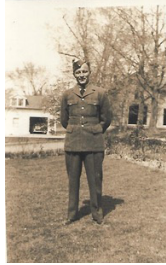
Hempy’s military service showcased his dedication and bravery. He left Guatemala with his friends in November 1940 and enlisted in Ottawa, Ont. After training at Camp Picton until mid-April 1941, he underwent flight training in Hamilton, Ont., achieving his first solo flight on 2 May, 1941.
In September 1941, Hempy sailed to England and joined the renowned No. 92 (East India) Squadron, also known as RAF’s 92 Squadron, based in Lincolnshire. Initially assigned maintenance duties due to a shortage of Spitfires, Hempy and his squadron flew Hawker Hurricanes of the 80 Squadron in Egypt. However, in August 1942, the 92 Squadron received Supermarine Spitfires just in time for the Battle of Alam el Halfa. They played a crucial role in defeating Rommel’s final offensive and maintained air superiority in the El Alamein area until the Axis forces were defeated. During his September 1942 leave, Hempy visited Tel Aviv and Jerusalem, demonstrating his dedication to duty.
Tragically, Pilot Officer Robert Theodore Hempstead lost his life in a mid-air collision on 19 October, 1942, just before the Second Battle of El Alamein. He was laid to rest at the El Alamein War Cemetery in Marina, Egypt. Despite his short life, Hempy’s memory serves as a testament to the courage and sacrifice of a young man who gave his all in the pursuit of freedom and justice.
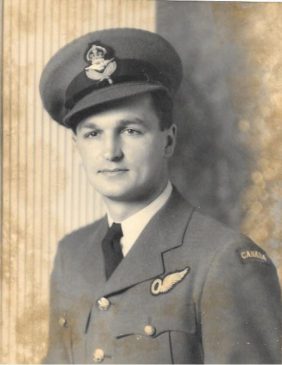
Flying Officer Denis S. Koester, born on 13 August, 1913, in Guatemala City, also had a diverse and adventurous life. After completing his education in England, he returned to Guatemala and managed his coffee plantations. However, the outbreak of the Second World War led him to join the Royal Canadian Air Force as a navigator.
As part of the renowned 109th Squadron, known as the Pathfinders, Denis played a crucial role in identifying enemy targets for the Allied forces. His bravery and achievements earned him the Distinguished Service Order (DSO) and the Distinguished Flying Cross (DFC). Despite the challenges of war, Denis remained dedicated to Guatemala, making significant contributions to the Departmento de Alta Verapaz where his coffee plantations were located. He actively participated in community development, particularly in areas such as water systems, hospitals, and schools. Known for his generosity and compassion, Denis’s care for the elderly and acts of kindness touched the lives of many. In recognition of his character and accomplishments, a bust of Denis was erected in Senahu’s town square.
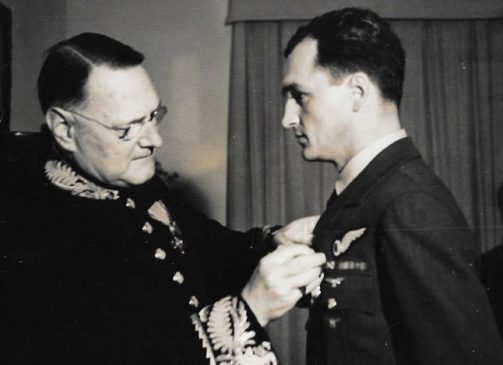
Flying Officer Koester passed away on 20 May, 1986, leaving behind a legacy of bravery, dedication, and service. His contributions to Guatemala, both during the war and afterward, continue to inspire future generations to strive for peace and uphold the values he defended.
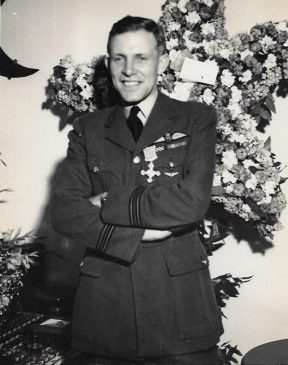
Flight Lieutenant John Gordon Smith, DFC, was born on 20 April, 1917, in Hastings, England, but came from a Guatemalan family that had relocated to England during World War I. After completing his education in England and Trinidad, he returned to Guatemala to work on coffee plantations. However, with the outbreak of World War II, he, along with Denis Koester and Robert Hempstead, joined the Royal Air Force. Due to circumstances, they enlisted in the Royal Canadian Air Force for training in Canada.
John served as a Flight Officer of a Sterling bomber and completed 25 combat missions over Germany. Tragedy struck in September 1942 when his bomber was shot down over Holland, and he became a prisoner of war at Stalag Luft III until the war’s end. After his discharge, John returned to the family farm in Guatemala and played an active role in its management. He dedicated himself to coffee production and contributed to the agricultural community, serving on various boards and associations.
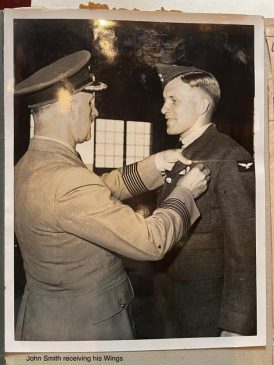
John’s legacy lives on through his family, including his children and grandchildren. His commitment to his family and community mirrored his wartime bravery. In 1992, on the 50th anniversary of his plane crash, John visited Staphorst, Holland, where the locals honored him and his crew for their liberation. John’s visit allowed him to complete his recollection of the events, reconnect with the past, and pay tribute to his fallen comrades.
Flight Lieutenant Smith passed away on 5 September, 2003, leaving behind a legacy of bravery, dedication, and service. His heroism on the battlefield and contributions to his family and the agricultural community will always be remembered.
Pilot Officer Mario Alfred Fernandez de Leon, born on 12 December, 1917, in Guatemala City, Guatemala, was a courageous member of the Royal Canadian Air Force (RCAF) during World War II. He enlisted in the RCAF on 10 December, 1941 in Vancouver British Columbia, eager to contribute to the war effort. After rigorous training, he became a Pilot Officer on 23 March, 1944, joining the renowned 429 Squadron known as the “Bison Squadron.” Sadly, on 25 May, 1944, his aircraft was shot down during a mission, and Fernandez de Leon, along with his crewmates, lost their lives.
Posthumously, Pilot Officer Fernandez de Leon was honored with several awards, recognizing his exceptional service, dedication, and the risks he took for freedom. 1939-45 Start, Air Crew Europe Star, Defence Medal, General Service Medal, Canadian Volunteer Service Medal and Clasp. His final resting place is the Canadian War Cemetery in Bergen-Op-Zoom, Holland, where his name stands as a reminder of the sacrifices made during the Second World War.
The contributions of these Guatemalan volunteers to the Royal Canadian Air Force during the Second World War highlight the solidarity and commitment of the Canadian Latin American community to shared values. Robert Theodore Hempstead, Denis S. Koester, John Gordon Smith, and Mario Alfred Fernandez de Leon exemplified courage, resilience, and an unwavering commitment to duty.
Though their lives were tragically cut short, their legacies inspire future generations to uphold the ideals of freedom and justice. It is important to forever honor and remember these remarkable individuals who played a crucial part in defending collective freedom.
By: Captain Rey Garcia-Salas





